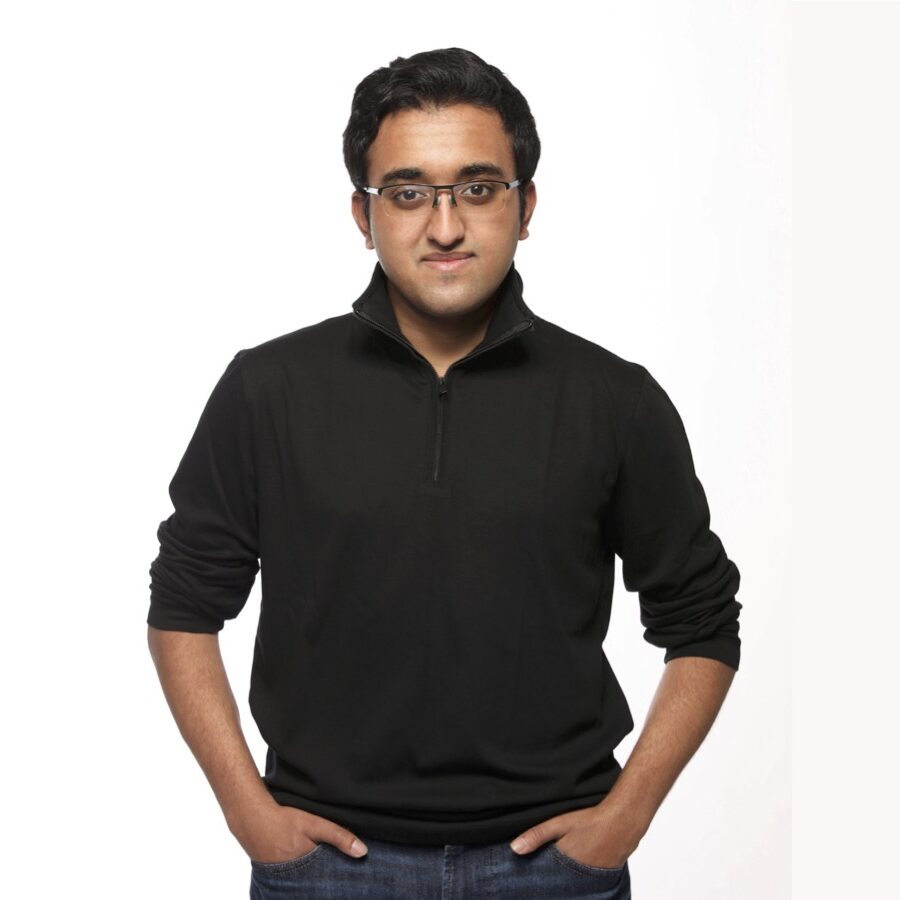Ayush Noori ’20: The Love of Discovery

How the Harvard College senior is moving neurological science forward with empathy and AI.
Ayush Noori ’20, a senior at Harvard College, is pursuing both a bachelor’s degree in computer science and neuroscience and a master’s degree in computer science, all in four years. The catalyst: for many years, Noori cared for his grandmother, who had progressive supranuclear palsy, a rare neurological disorder. Noori now aspires to develop AI tools that can customize diagnostic and treatment plans for people with PSP and other neurological disorders.
His research on this topic began when he was an Exonian. “When I was in Mr. Chisholm’s BIO510: Advanced Biology class, we would get breakfast in the dining hall many mornings,” he says. “I’d bring a stack of highlighted and annotated papers, well beyond what we were discussing in class, and he was generous enough to indulge all my crazy questions.
“That’s really how you foster someone’s intellectual curiosity,” he continues. “It’s by giving them permission to ask audacious questions that might defy the textbook, but that allow you to go deeper into the truth of the matter.”
While at Exeter, Noori presented a TEDx talk called “The Neuroscience of Non Sibi.” In it he discussed kindness and empathy, which he asserted to be the foundation on which human brains are formed. He believes the topic is worth continued exploration. “When we’re interacting with machines, sometimes it’s easier than interacting face-to-face with people,” Noori says. But “what do we lose when we start to think about AI-human collaboration? What do we lose in the value of sitting in a classroom, around the Harkness table, without electronics, reading from paperback texts and thinking about the human experience?”
Recently, Noori has conducted his hybrid explorations at the Department of Biomedical Informatics at Harvard Medical School; the Wyss Institute for Biologically Inspired Engineering, also at Harvard; and the Institute for Neurodegenerative Disease at Massachusetts General Hospital. At each institution, his collaboration with experts in a variety of disciplines has been built upon AI’s rapid acceleration. “The scale, complexity and modeling ability of large-scale AI models has really propelled our research forward,” he says. “I love the day to day of what I do, the simple, mundane experience of discovery, working with some of the smartest people I know and the promise that the work that we’re doing can potentially be impactful to people, now and into the future.”
All his work is grounded in the work he was doing at Exeter, he says, adding: “Exeter is one of the greatest gifts of my life.”
This feature was originally published in the Fall 2024 issue of The Exeter Bulletin.